The Parliamentary Committee on Demographic Policy, Children and Family held a meeting where it subjected three draft bills to a first vote. These bills aim for a fundamental change and addition to the Pre-school and School Education Act (PSSEA). The discussion, which took place in the parliamentary corridors, was filled with anticipation, as the proposed changes affect a wide range of aspects – from language integration to the introduction of artificial intelligence and the reformulation of educational content.
Bill by the Council of Ministers: Language Integration and Support for Early Childhood Development
The first bill reviewed, submitted by the Council of Ministers on July 21, 2025, emphasizes the detailed regulation of language support for children and students who do not have the necessary command of the Bulgarian language for effective assimilation of educational content. The motives for the document highlight that this is one of the most significant proposed changes. To meet this need, two new types of language support are introduced:
- Integration training in an individual form, aimed at students from first to seventh grade. The goal is the accelerated acquisition of the Bulgarian language, which will allow for their gradual integration into classes with the other students.
- Preparatory language class, intended for students who have no knowledge of the Bulgarian language, with the possibility of instruction in a daily, individual, evening, or distance form.
The bill also addresses the issue of early childhood development, aiming for a stronger state engagement with integrated policies covering the physical, linguistic, spiritual-moral, social, emotional, and creative development of children from birth to first grade. A new point is the planned adoption of a joint ordinance by the Minister of Education and Science and the Minister of Health. This ordinance will regulate state educational requirements for acquiring a professional qualification for a "specialist in early learning and care". This is a direct response to the growing shortage of nurses in nurseries and the need for trained specialists.
Changes are also planned in the approval of the school plan for admissions, where the Regional Education Management will have a new role. This is expected to lead to a more effective state policy for educational integration and a gradual transition to a single-shift mode of instruction. The bill also provides for limiting the days that a mayor of a municipality can declare as non-school days, which will be possible only for the municipality's holiday, to ensure uninterrupted access to education.
Special attention deserves the proposal for the creation of a new type of specialized school – a mathematical or natural-mathematical high school, where admission will take place as early as fifth grade. The goal is to provide a continuing specialization in the field of mathematics and natural sciences, avoiding repeated application after seventh grade.
The bill also proposes the introduction of a new subject in the compulsory hours – "Virtues and Religions", which is aimed at forming a moral culture. It will be studied by choice – as religion-Orthodoxy, religion-Islam, or virtues/ethics, and no grades will be given for it.
Bill by Nikolay Denkov: A Critical Look at Religion and Artificial Intelligence
The second bill, submitted by Nikolay Denkov and a group of members of parliament on July 22, 2025, focuses on the ethical use of artificial intelligence (AI) in school education. The document calls for a regulatory framework that would allow the implementation of AI-based platforms and technologies, but with guarantees for the protection of personal data and the prevention of new forms of inequality, especially among vulnerable social and demographic groups.
The tone of the bill is particularly sharp with regard to the proposed introduction of a subject related to religion. The proponents of the document point out that the approach to forming virtues and values must be fully inclusive and not lead to division on a religious or ethnic basis. They warn of the risk of introducing confessional elements into compulsory education, which could cause institutional ethnic and religious division, especially in mixed regions. According to them, the study of religion with confessional characteristics should remain an optional subject, with the state supporting the training of teachers and the conducting of classes at religious institutions outside the compulsory curriculum.
This bill also proposes the introduction of mandates for the directors of state and municipal educational institutions, with a maximum duration of two consecutive four-year terms. It also provides for the introduction of a definition of the term "propaganda" in the additional provisions of the law.
Bill by Elisaveta Belobradova: Emphasis on Equality and Digitalization
The third bill, submitted by Elisaveta Belobradova and a group of members of parliament on July 22, 2025, emphasizes that early childhood development should be ensured through a system that guarantees equal access for all children and includes measures to overcome inequalities and cover vulnerable groups.
The document states that the state should follow a strategy for digitalization and the use of artificial intelligence in education, again with the aim of achieving equal access to quality education. It also lists all institutions in the pre-school and school education system, including kindergartens, schools, support centers, and specialized units.
The bill also addresses purely practical issues, such as the possibility for kindergartens to organize composite groups during school holidays when the number of children decreases. This will be done while adhering to the requirements for the maximum number of children per group.
You may also like
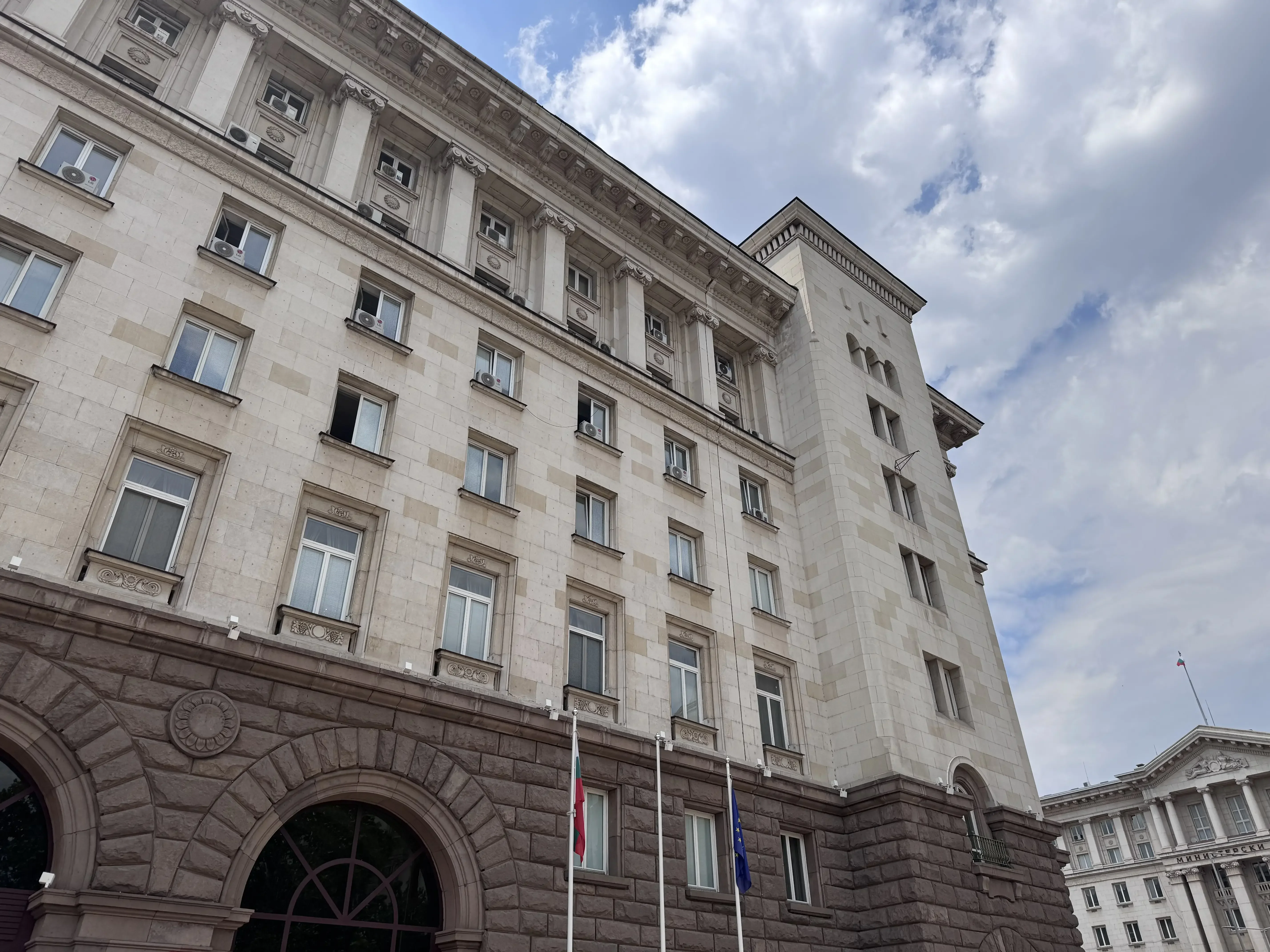 Parliament Approves Referendum Amendments: Facilitation and More Questions
Parliament Approves Referendum Amendments: Facilitation and More Questions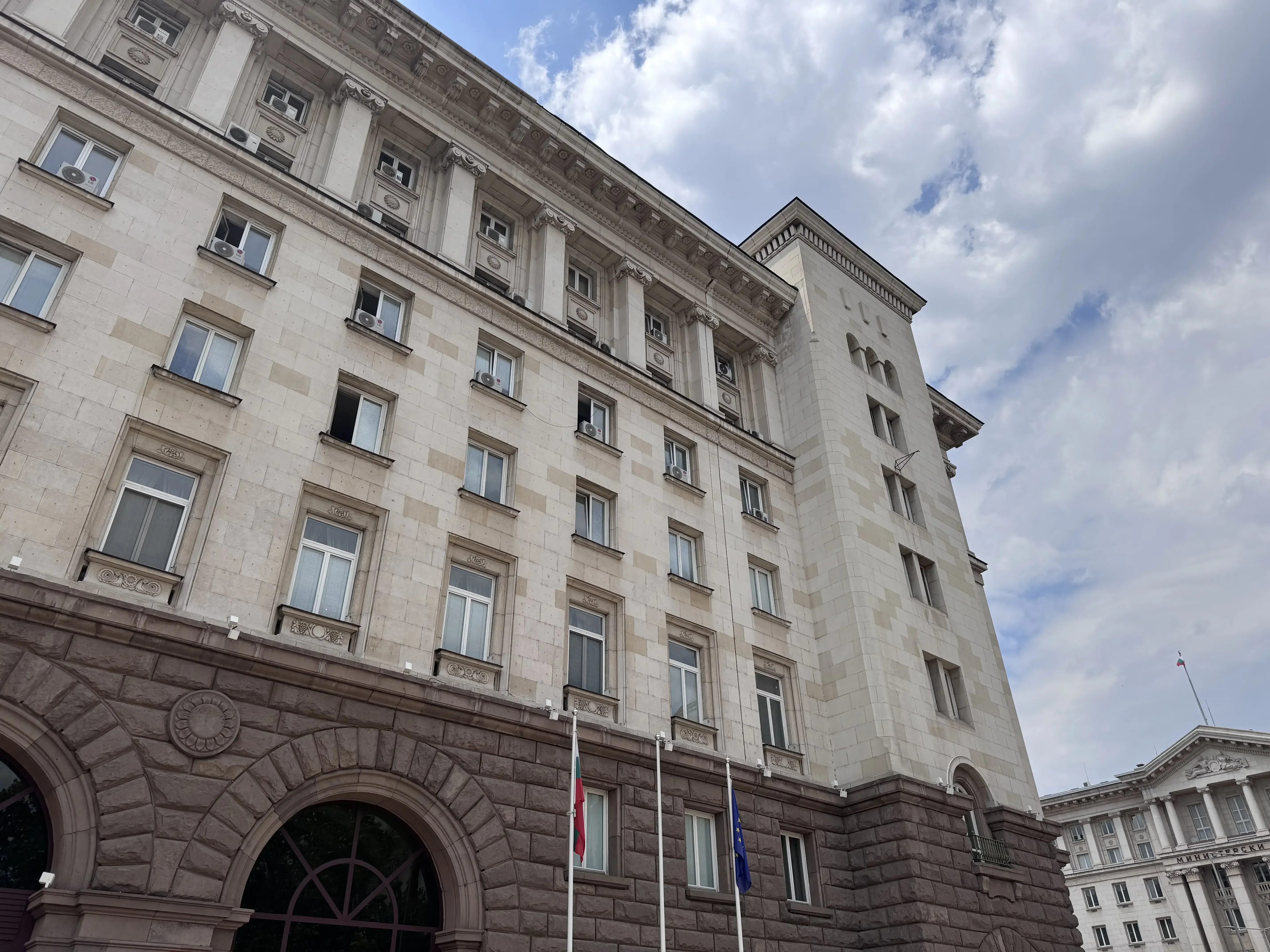 Constitutional Affairs Committee Rejects Amendments to Electoral Code
Constitutional Affairs Committee Rejects Amendments to Electoral Code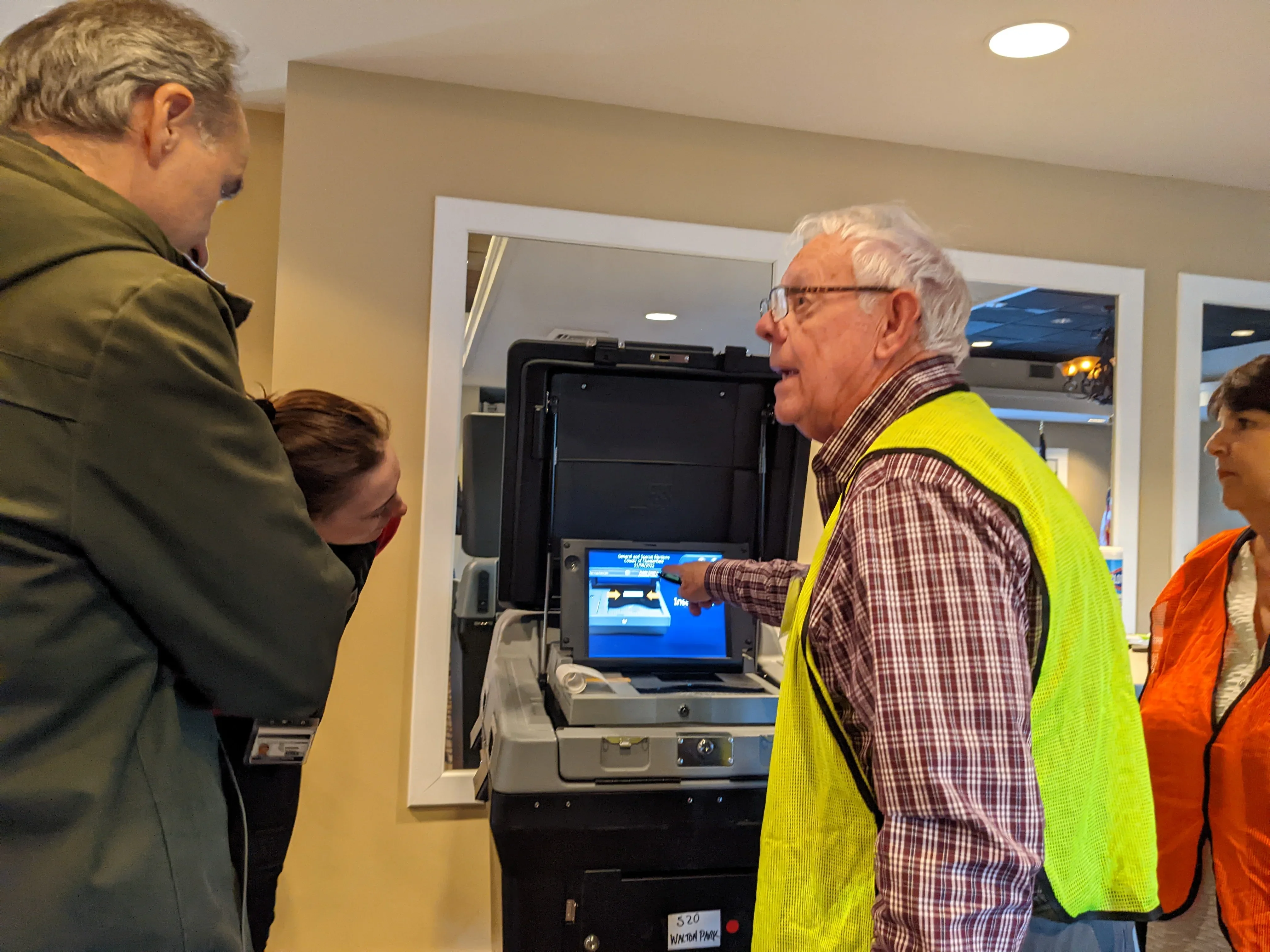 Legal Committee Discusses Amendments to the Electoral Code: Machine Voting and Debates Before Elections
Legal Committee Discusses Amendments to the Electoral Code: Machine Voting and Debates Before Elections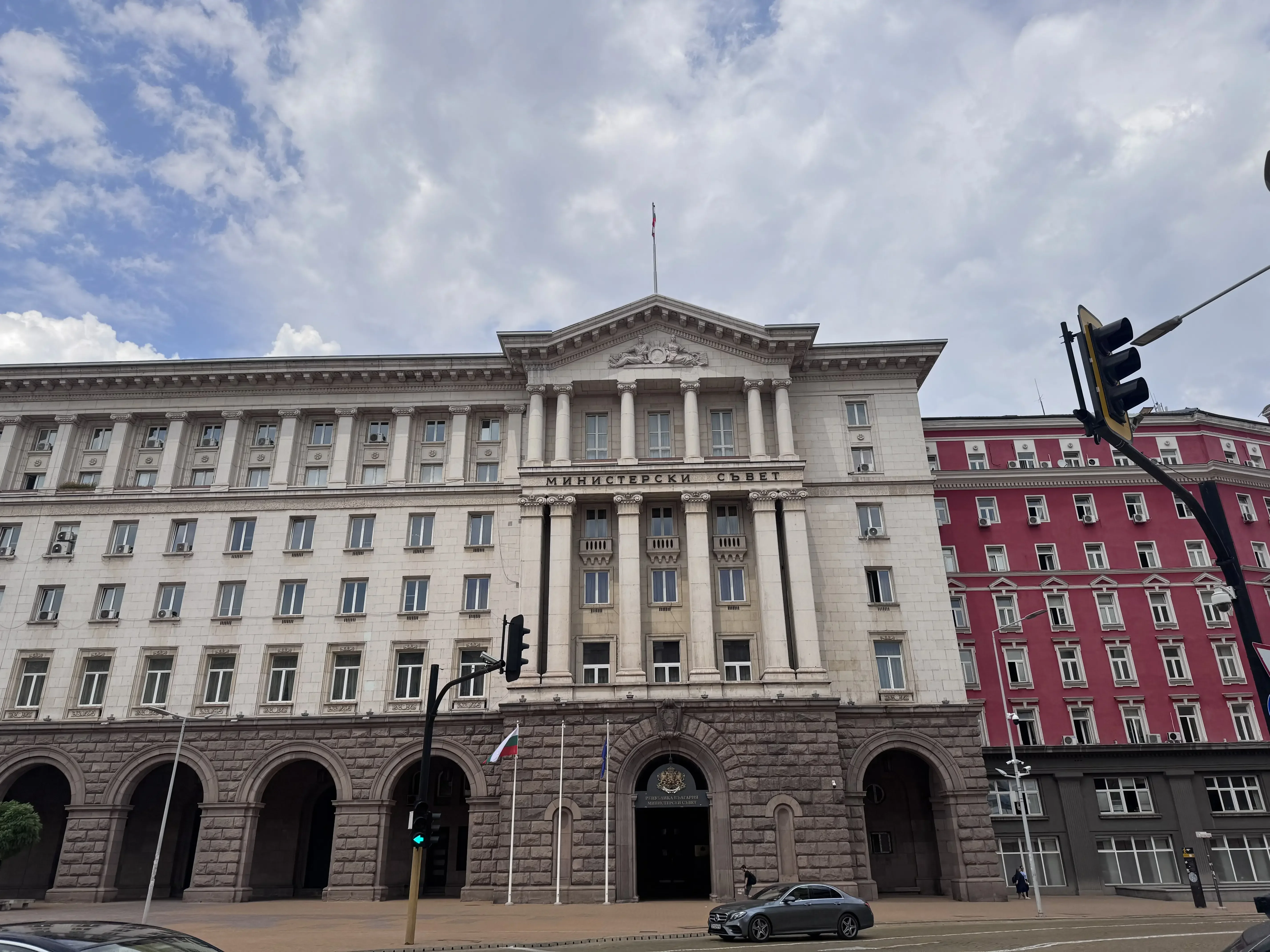 Constitutional Affairs Committee Approves Amendments to Electoral Code After Lengthy Debate
Constitutional Affairs Committee Approves Amendments to Electoral Code After Lengthy Debate
The three bills were discussed in a dynamic environment, with each group of members of parliament arguing their positions. The discussions showed that there is a broad consensus in the Bulgarian parliament on the need for education reforms, but the different points of view on key issues such as religious education and the mandates for directors also revealed serious differences in approach. A second reading is forthcoming, which will determine which of the proposed changes will become part of the country's legislation.

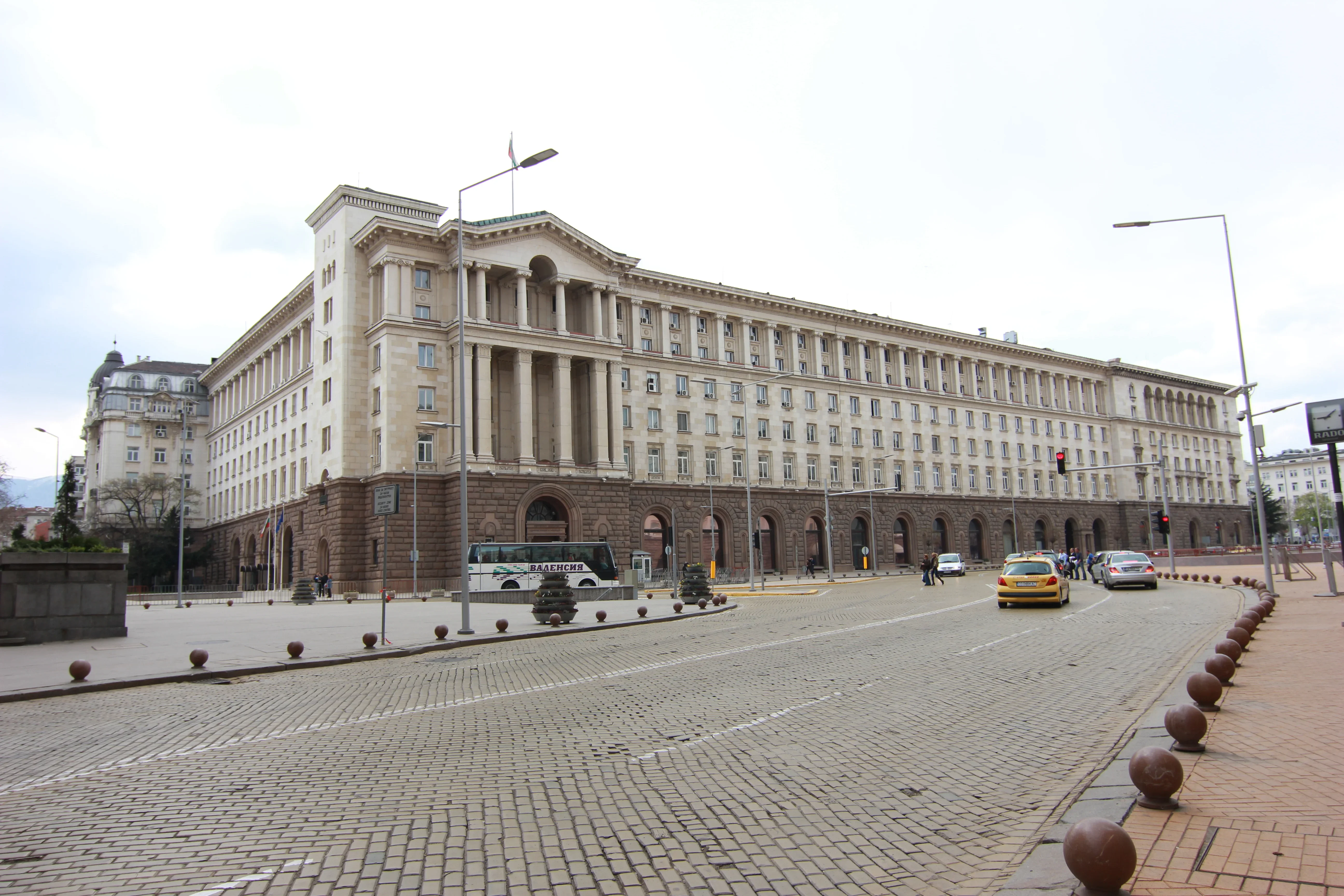
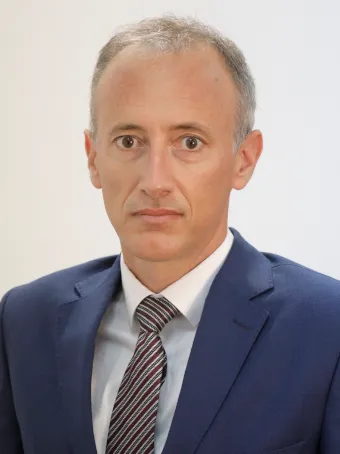
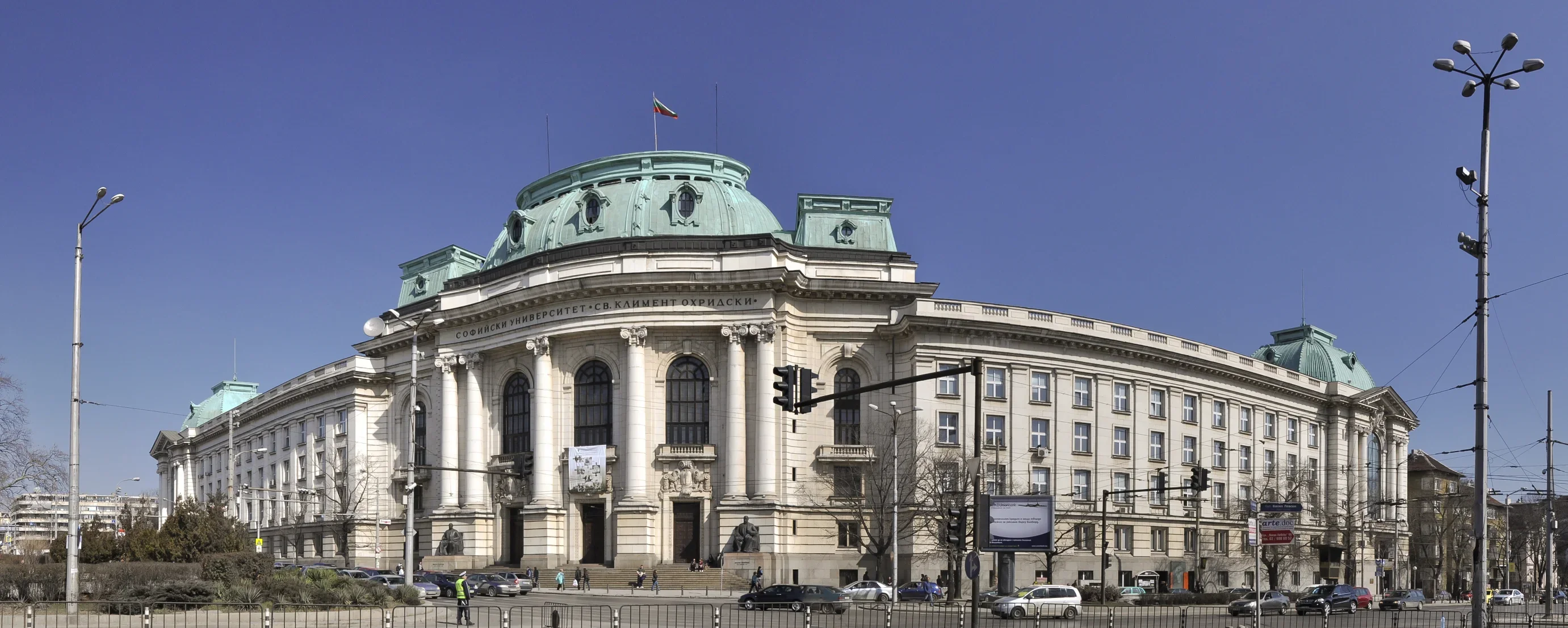
Коментари (26)
darkangel2019
03.09.2025, 11:10Великата комисия измества България ннапред
BG_GOST
03.09.2025, 11:11Не е достатъчно
NOCOMMENT
03.09.2025, 11:13еureka
87E
03.09.2025, 11:15Финално
ludata1972
03.09.2025, 11:19боже мой, най-после се прави нещо за образованието
maimunata
03.09.2025, 11:24хайде, най-после 👏
4erveno_flag
03.09.2025, 11:20откъде да не се радвам? настоящото правит
pesho98
03.09.2025, 11:31за ЕС
ЛУД_ПЕТКО
03.09.2025, 11:32Хей пешо98, ако мислиш, че руснаците с
IVANKA
03.09.2025, 11:33ха
d. тодоров
03.09.2025, 11:33БлагодарениенаЕСсегаБългариязапочвадас
bat_jordan
03.09.2025, 11:34ах, ннай-напред
pich_007
03.09.2025, 11:35благодаря на ес за подпомагане на българск
jivko
03.09.2025, 11:36Ама защо не обсъждат промени в корупцията в образовани
bg_tigar
03.09.2025, 11:40Великолепен стъпки
asdasd
03.09.2025, 11:43Напридък в образованието - това е българия
Bat_Jordan
03.09.2025, 11:49най-после
TONY_STARK
03.09.2025, 11:52Браво за ЕС
JIVKO
03.09.2025, 12:01ЕС
KOMBINATOR
03.09.2025, 12:03Haha, ннай-после ние ще имаме реформи в образованието
b. димитров
03.09.2025, 12:03Ах, най-после нещо положително се случва в Б
THEREALIVAN
03.09.2025, 12:37Като си чува за новите законопроекти в образованието,!! 👏
NIKI_BG
03.09.2025, 13:13Щи се радвам когато България се присъ
PeshoFromSofia
03.09.2025, 13:16хей, не се присъ в ес, а се развиваш в
Nqkoi1988
03.09.2025, 13:48Слава България
dimitar
03.09.2025, 14:27абе моля те, най-после се движи нещо в бъл